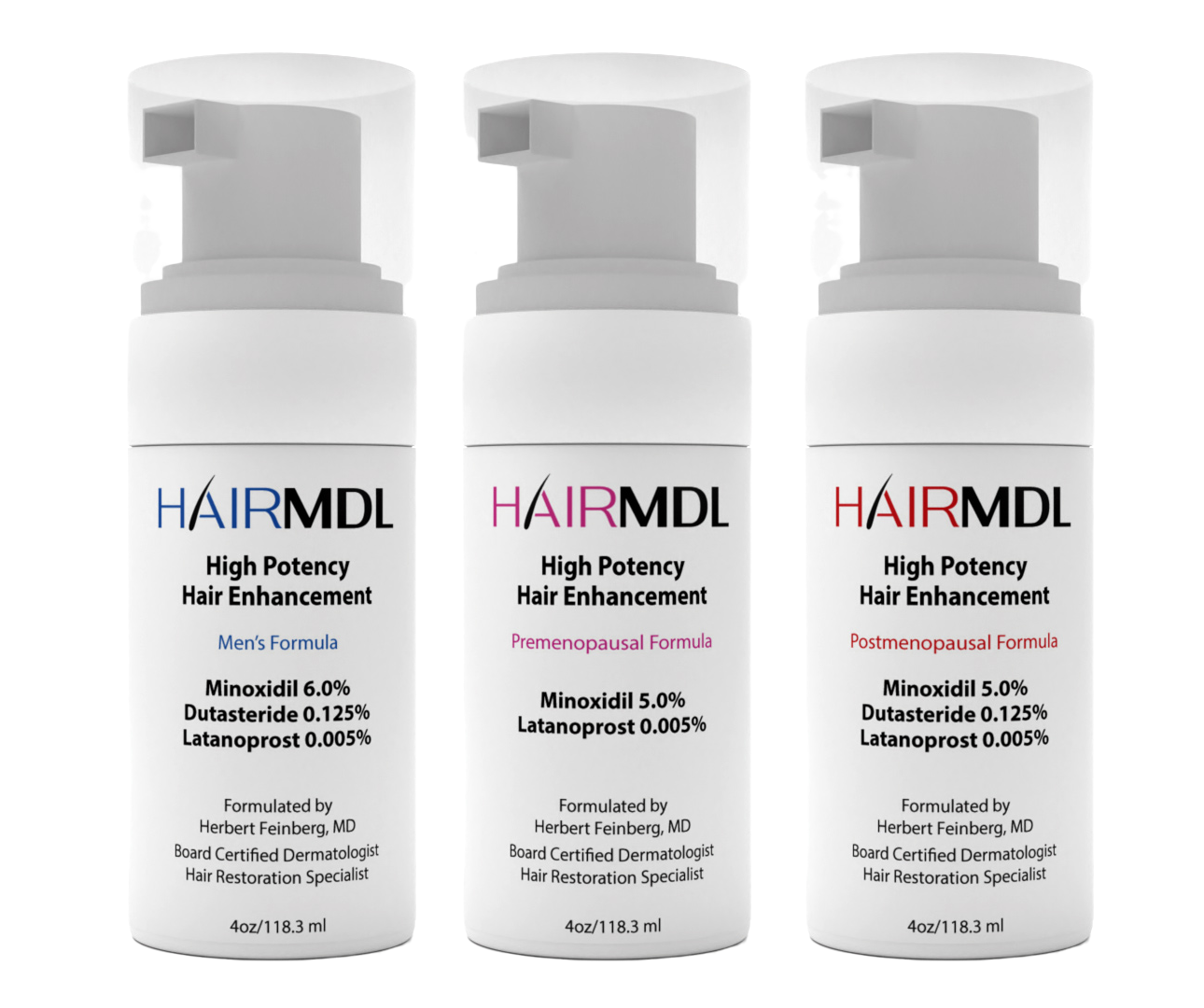One of the mistakes people often make when trying to figure out why they are losing their hair is to ignore the nutritional element. Crash diets and some illnesses can lead to hair loss because the body is lacking in some vital nutrient. When you start losing hair, especially if the onset is rapid and the hair loss is too, one of the first things to consider is your diet and overall health.
What Vitamin Am I Deficient in If My Hair Is Falling Out?
Medical News Today points out that one of the most common deficiencies caused by crash diets that is associated with hair loss is due to low iron or zinc. But a variety of vitamin deficiencies can also cause hair loss. Some may even occur when people are eating “normally” but not paying particular attention to their micro and macro nutrients.
For example, many of the B vitamin complex are necessary for healthy hair and, according to the National Institute of Health, Vitamin D is absolutely necessary for healthy hair. “Studies show that supplementing the diet with low levels of vitamin D can improve symptoms of [telogen effluvium and androgenetic alopecia].”
The problem for many people is that they lack natural sources for Vitamin D. The primary method for Vitamin D production in the human body is skin exposure to sunlight… and skincare products that block harmful sunlight can also block Vitamin D production. The main source of dietary Vitamin D is dairy products, and many people minimize their consumption of dairy as they age.
The NIH also points out that adequate amount of Vitamin C, selenium, and Vitamin B12 are necessary for healthy hair growth.
Can Supplements Help Grow Hair?
There are a variety of supplements on the market that claim to help with thinning hair or for hair health. But you may not need to focus on a supplement designed specifically for hair loss. In the case of the vitamin and nutrient deficiencies listed previously, a good daily multi-vitamin should be the first supplement you consider.
After that, you may want to consider supplements specifically for hair health, but only after you have addressed the nutrition inadequacies of your diet. For example, Cosmopolitan magazine talked to several dermatologists about the use of hair supplements and came to the conclusion that there is not simple yes or no answer.
“Vitamins and supplements are not FDA-approved, which means there is not a universal standard when it comes to ingredients, strengths, or formulations. So that means there is never going to be an official yes or no answer as to whether vitamins for hair growth really work,” they wrote.
That said, the most appropriate answer is that supplements will not work for you if you are already getting the vitamins and minerals you need. If your hair loss is not related to a vitamin deficiency, getting enough vitamins will not help.
How Do I Know If a Vitamin Deficiency Is Causing My Hair Loss?
As with all hair loss, hair loss due to a vitamin deficiency can be hard to identify. There are some blood tests that a doctor can use to determine if you have a vitamin deficiency, but these are not really things you can figure out on your own.
HairMD Can Diagnose and Treat Your Hair Loss
When you book a consultation with HairMD, we will work with you to determine what is causing your hair loss. Before you spend lots of money on supplements (that may do nothing more than steal your money),let us help you determine the root cause of your hair loss. Some supplements can be beneficial but – instead of spending a lot of money hoping something is the right pick for you – consider talking with us about the best options for your needs. Contact us today to find out why you are losing your hair and how to restore it.





.svg)








